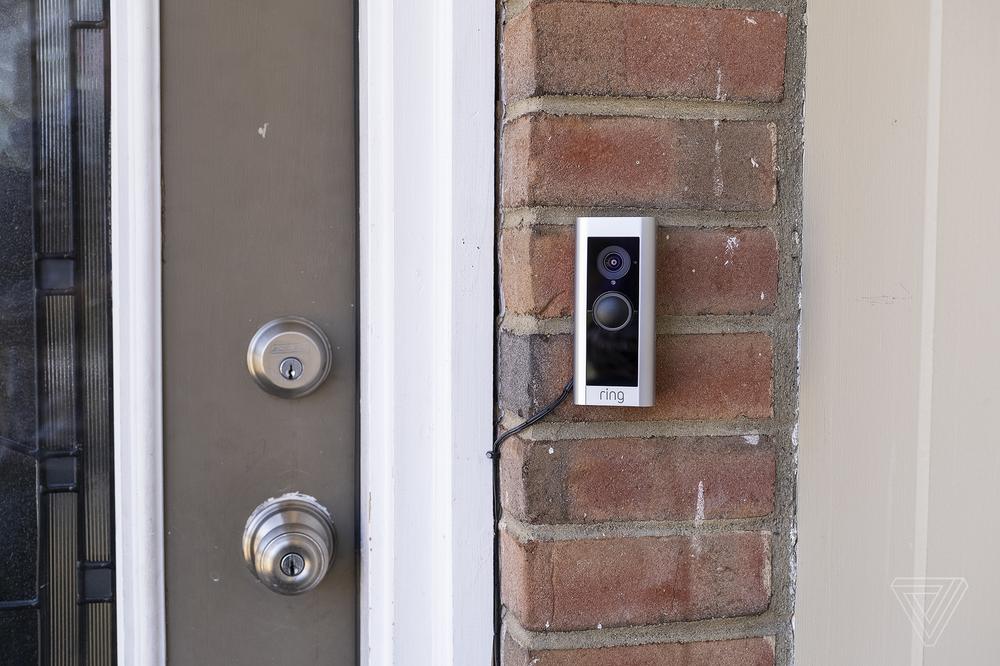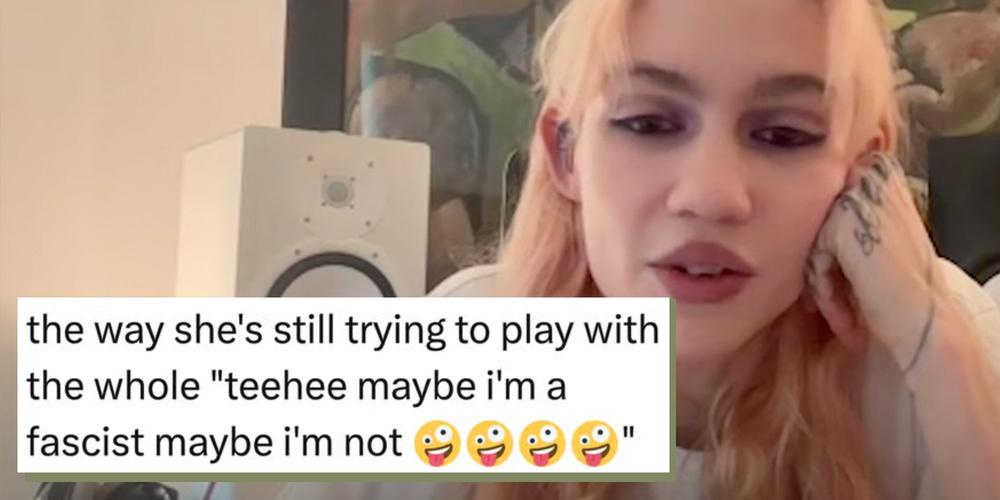Texas is being sued by a Big Tech lobby group over the state’s new law that will require app stores to verify users’ ages and impose restrictions on users under 18.
“The Texas App Store Accountability Act imposes a broad censorship regime on the entire universe of mobile apps,” the Computer & Communications Industry Association (CCIA) said yesterday in a lawsuit. “In a misguided attempt to protect minors, Texas has decided to require proof of age before anyone with a smartphone or tablet can download an app. Anyone under 18 must obtain parental consent for every app and in-app purchase they try to download—from ebooks to email to entertainment.”
The CCIA said in a press release that the law violates the First Amendment by imposing “a sweeping age-verification, parental consent, and compelled speech regime on both app stores and app developers.” When app stores determine that a user is under 18, “the law prohibits them from downloading virtually all apps and software programs and from making any in-app purchases unless their parent consents and is given control over the minor’s account,” the CCIA said. “Minors who are unable to link their accounts with a parent’s or guardian’s, or who do not receive permission, would be prohibited from accessing app store content.”
The law requires app developers “to ‘age-rate’ their content into several subcategories and explain their decision in detail,” and “notify app stores in writing every time they improve or modify the functions, features, or user experience of their apps,” the group said. The lawsuit says the age-rating system relies on a “vague and unworkable set of age categories.”
“Our Constitution forbids this,” the lawsuit said. “None of our laws require businesses to ‘card’ people before they can enter bookstores and shopping malls. The First Amendment prohibits such oppressive laws as much in cyberspace as it does in the physical world.”
The lawsuit was filed in US District Court for the Western District of Texas. CCIA members include Apple and Google, which have both said the law would reduce privacy for app users. The companies recently described their plans to comply, saying they would take steps to minimize the privacy risks.
Texas minors also challenge law
The Texas App Store Accountability Act is similar to laws enacted by Utah and Louisiana. The Texas law is scheduled to take effect on January 1, 2026, while the Utah and Louisiana laws are set to be enforced starting in May and July, respectively.
The Texas law is also being challenged in a different lawsuit filed by a student advocacy group and two Texas minors.
“The First Amendment does not permit the government to require teenagers to get their parents’ permission before accessing information, except in discrete categories like obscenity,” attorney Ambika Kumar of Davis Wright Tremaine LLP said in an announcement of the lawsuit. “The Constitution also forbids restricting adults’ access to speech in the name of protecting children. This law imposes a system of prior restraint on protected expression that is presumptively unconstitutional.”
Davis Wright Tremaine LLP said the law “extends far beyond social media to mainstream educational, news, and creative applications, including Wikipedia, search apps, and internet browsers; messaging services like WhatsApp and Slack; content libraries like Audible, Kindle, Netflix, Spotify, and YouTube; educational platforms like Coursera, Codecademy, and Duolingo; news apps from The New York Times, The Wall Street Journal, ESPN, and The Atlantic; and publishing tools like Substack, Medium, and CapCut.”
Both lawsuits against Texas argue that the law is preempted by the Supreme Court’s 2011 decision in Brown v. Entertainment Merchants Association, which struck down a California law restricting the sale of violent video games to children. The Supreme Court said in Brown that a state’s power to protect children from harm “does not include a free-floating power to restrict the ideas to which children may be exposed.”
The tech industry has sued Texas over multiple laws related to content moderation. In 2022, the Supreme Court blocked a Texas law that prohibits large social media companies from moderating posts based on a user’s viewpoint. Litigation in that case is ongoing. In a separate case decided in June 2025, the Supreme Court upheld a Texas law that requires age verification on porn sites.

 Amazon’s Ring now works with video surveillance company Flock
Amazon’s Ring now works with video surveillance company Flock